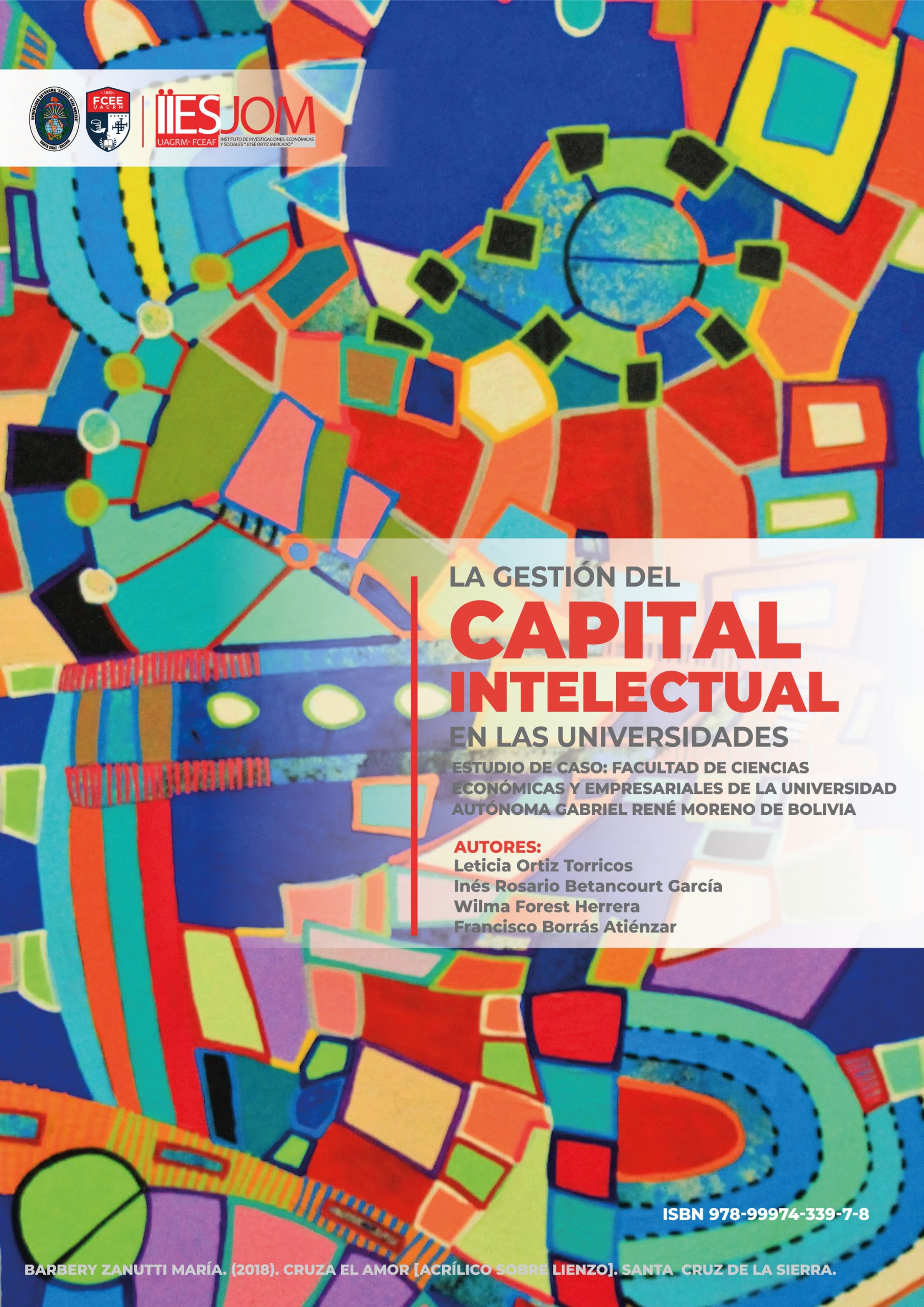LA POLÍTICA DE TRANSICIÓN ENERGÉTICA DE
COMBUSTIBLES FÓSILES A ENERGÍAS RENOVABLES:
EL CASO DE ARGENTINA, BRASIL Y URUGUAY EN EL
PERIODO 1970-2016
ENERGY TRANSITION POLICY FROM FOSSIL FUELS TO
RENEWABLE ENERGY: THE CASE OF ARGENTINA, BRAZIL AND
URUGUAY IN 1970.2016 PERIOD
RESUMEN: Las Fuentes Nuevas y Renovables de Energía (FNRE) poseen un rol esencial en el mix energético ya que el sector energético es uno de los principales responsables de los Gases de Efecto Invernadero. Al mismo tiempo, la introducción de estas fuentes energéticas puede mejorar la seguridad energética nacional, al reducir la dependencia de los combustibles fósiles. Este trabajo analizó la efectividad de las principales políticas públicas que introdujeron FNRE en tres países de Latinoamérica: Argentina, Brasil y XUruguay, desde 1970 hasta 2016. Los resultados demostraron que Argentina en ese periodo ha tenido un bajo desempeño en este tipo de políticas comparado con los casos de Brasil y Uruguay, debido a la existencia de barreras económicas y regulatorias, independientemente de los instrumentos económicos implementados.
PALABRAS CLAVE: Recursos Energéticos, Energías Alternativas, Desarrollo Sustentable, Planificación Energética, Países en Desarrollo
ABSTRACT: New and Renewable Energy Sources (NRES) have an essential role in the energy mix because the energy sector is one of the main responsible of the Greenhouse Gases. At the same time, the introduction of these energy sources has a positive impact on the national energy security because it reduces the dependence on fossil fuels. This paper examines the effectiveness of the main public policies that introduce NRES in three countries of Latin America: Argentina, Brazil and Uruguay, since 1970 to 2016. The results show that in this period Argentina has had a low performance in these policies in comparison to Brazil and Uruguay, due to regulatory and economic barriers regardless of the economic instruments implemented.
KEY WORDS: Energy Resources, Alternative Energy, Sustainable Development, Energy Planning, Developing Countries.
CLASIFICACIÓN JEL: P48, Q28, Q42, Q48.
AUTORES: María Florencia Zabaloy y Carina Guzowski


Dejar una contestacion